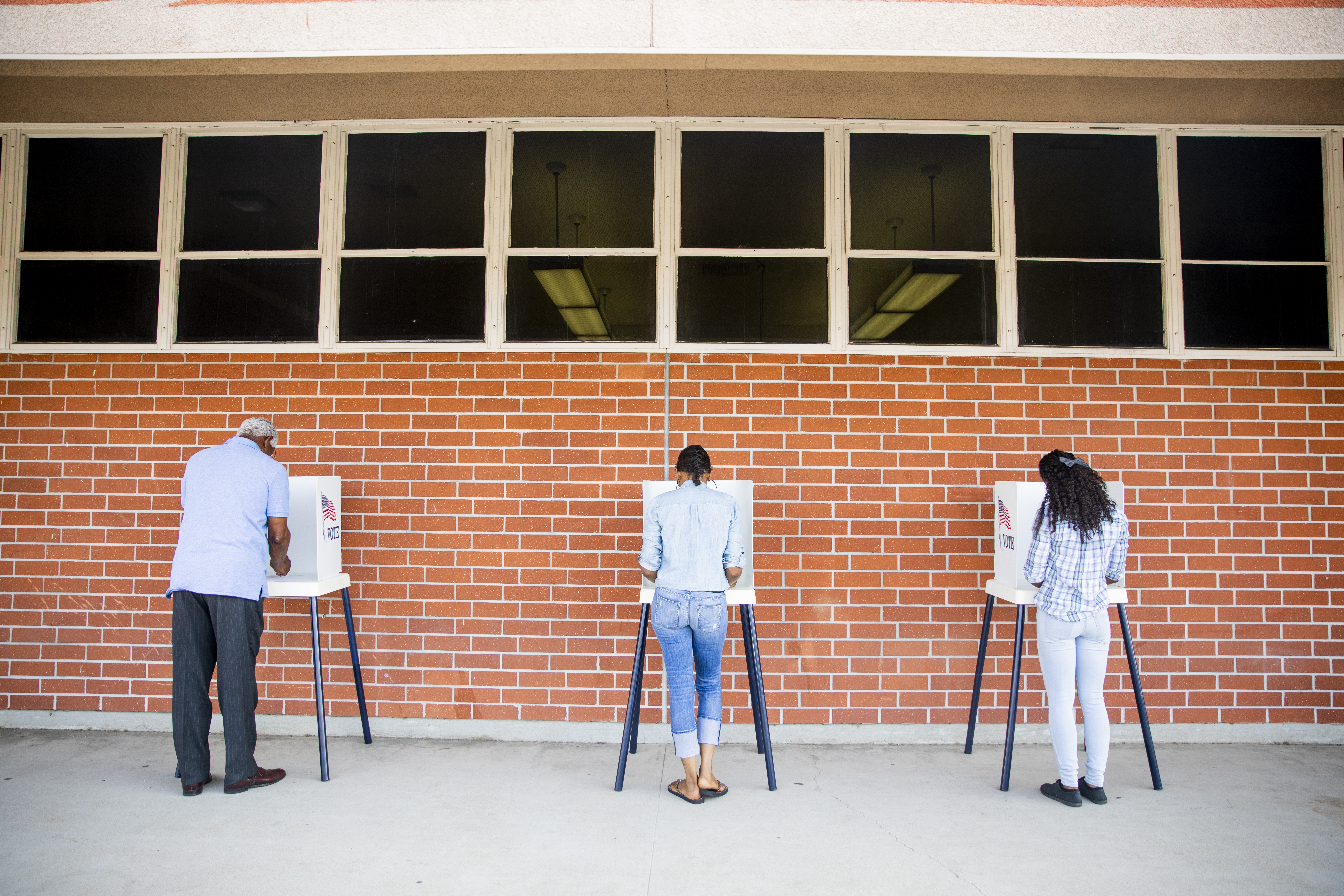
Source: adamkaz / Getty
On Tuesday, the number of eligible voters in Florida increased by 1.4 million people. The right to vote was restored for most Floridians with felony convictions which means the battleground state could see a shift in voting trends for years to come.
This referendum, which was voted on in the November 2018 midterm elections, overturned a 150-year-old law that permanently disenfranchised people with felony convictions. Before this change, these folks could apply for clemency to a board headed by the governor, but the waiting list for this process could take years and discouraged people from applying. But now that Amendment 4 to Florida’s state constitution has passed, over 10 percent of Florida’s adult population will have their voices heard.
The amendment automatically restores the right to vote to people with felony convictions after they complete all terms of their sentences, including parole and probation. It doesn’t apply to those convicted of murder or a felony sex offense.
Many believe that this could shake things up for Florida, a state that notoriously teeters between red and blue, especially with the 2020 presidential election coming up. But Dan Smith, a University of Florida political scientist told the South Florida Sun Sentinel that it could take a little bit longer for effects of the change to become evident.
“There is very little evidence that individuals who have the opportunity to have their rights restored are going to immediately take advantage of that opportunity,” Smith said.
While Black folks were disproportionately affected by felony disenfranchisement, they weren’t the majority of the population with felony convictions. It’s still unclear whether or not the newly franchised voters will turn Florida red or blue since there’s no public record on how people who were removed from polls have historically voted.
There’s also a question of whether or not the system will fail the new voters in other ways such as polling places not being open when they’re supposed to, machines that might be out of service, and other things that are systemically set up to discourage voters in underserved areas. While we’re unsure of where this new chapter will take Florida, one thing is for sure—everyone will be watching to see what happens.
















